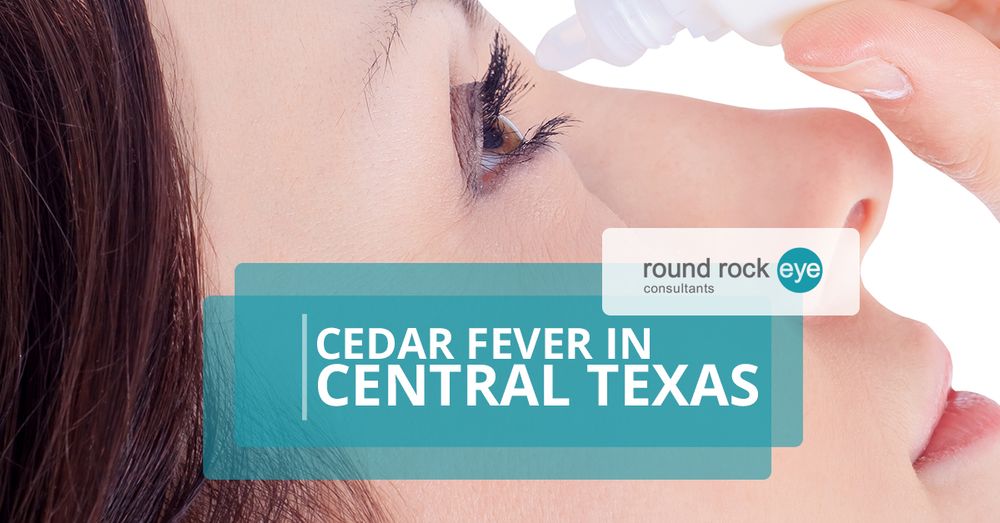Are you someone who always has to prepare for the worst when it comes to seasonal allergies? If you’ve been experiencing bad allergies this winter, it could be due to mountain cedar trees, the most allergenic trees in Central Texas. This is the only tree that pollinates well into winter and as such, is considered one of the most dreaded allergens in the region. Your typical allergy symptoms occur when your body recognizes harmless particles like dust, dander and pollen and fights it as if it were a serious threat. Some people get worse allergies than others because not everyone has a hyperactive immune system that will attempt to fight off these allergens.
Symptoms of cedar fever
Cedar fever has all the same symptoms of regular allergies: sore throat, itchy and runny nose, and watery eyes, only with increased exposure, there’s a higher risk of developing a respiratory disease. According to the World Allergy Organization Journal, people are more likely to experience asthma attacks after prolonged exposure to allergens.
If you’re someone who already has asthma or a respiratory disease, chronic allergies will likely contribute to these issues and even lead to sinus infections, ear infections, colds, a weakened immune system and more. If you have a weak immune system, you’ll be more likely to develop infections.
If left untreated, allergy symptoms can also lead to sleep disorders and chronic lung inflammation. Allergies can also create long-term changes in the function of the affected organs such as your lungs and eyes. Since the pollination from mountain cedar trees will be around through March, it’s important to seek treatment and find ways to mitigate the side-effects of cedar fever.
Treatment
If you’re someone who is prone to seasonal allergies, it’s even more crucial if you live in Central Texas to seek treatment sooner rather than later. You should eat foods that contain monounsaturated fatty acids (MUFAs) like nuts, olive oil, and fish, because these will reduce inflammation and help prevent congestion in the nose and chest. It’s also helpful to avoid dairy products, because these can further irritate a sore throat.
In order to boost your immune system, you’ll need to eat fruits that are high in antioxidants like berries and oranges. Rather than taking over-the-counter drugs for allergies, these foods won’t result in the same side effects, but will still provide you with the same protection from seasonal allergies. And of course, you should do everything you can to stay hydrated. This will keep mucus and phlegm loose and generally make you healthier as your body’s immune system is working full-time.
You can also try to lower your exposure to pollen in the air. If you have a cedar tree in your yard, consider removing it and make sure you clean your carpets and replace your HVAC filter regularly to prevent allergens from building up in your home.


